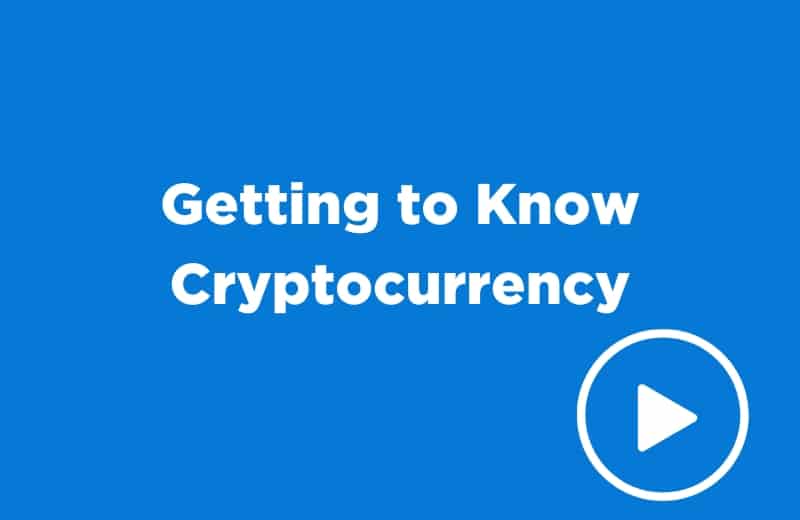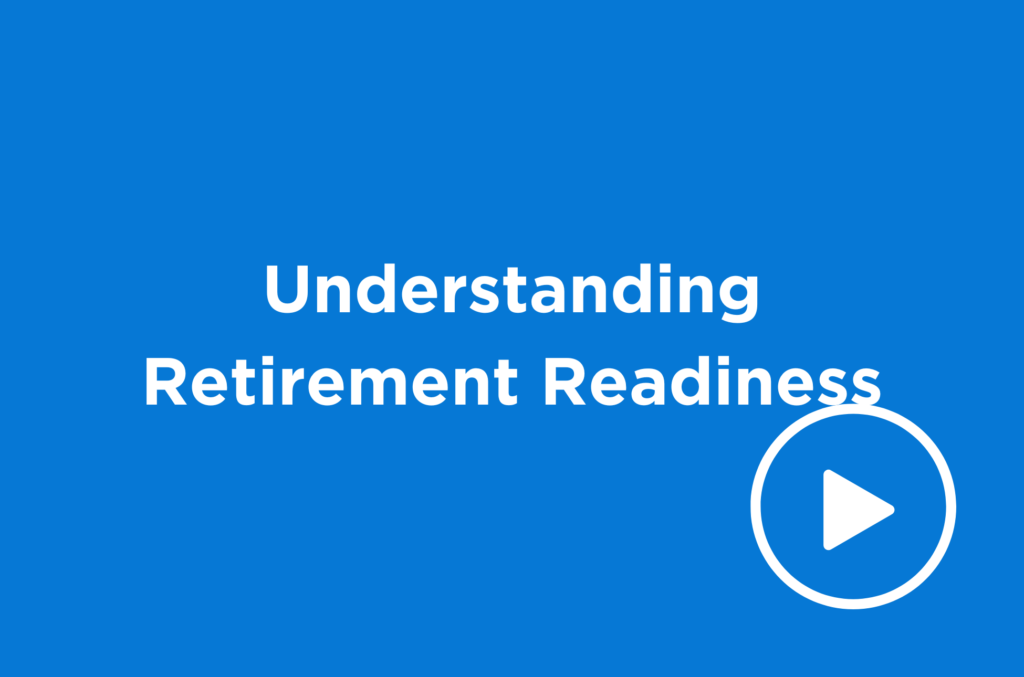Over the last several months, we’ve all seen the price of goods and services increase at a dramatic rate. That has a direct impact on our spending and savings goals when every trip to the grocery store or gas station is significantly more expensive, even over a short period of time.
Historically, the rate of inflation has been relatively steady at around two or three percent year-over-year. Recently, the rate of inflation skyrocketed over 8% – and it got to that point pretty quickly.
So why is this happening? Well, the economy is a pretty complex mechanism. But there are some recent events that certainly played a role in increasing inflation. It simply comes down to the basics of supply and demand.
On the supply side, we’re still feeling the effects of the Covid-19 pandemic on our global supply chain. Some businesses and even countries made the decision to shut down in order to protect workers’ health. As a result, fewer goods were produced and distributed to stores for customers to purchase. In some cases, the goods that were purchased and shipped were delayed getting off cargo ships due to fewer workers in the ports. Add in the Russia and Ukraine war effects on fuel and food prices, plus the historic water crisis in the western United States reducing the amount of crops being planted. No wonder every trip to the grocery store and gas station is just more expensive.
On the demand side, the appetite of consumers to purchase goods and services has reached a high point. Driven by historic low interest rates and a strong stock market and rising wages, the ability for consumers to access money to purchase major items like cars, home furniture, and appliances has ramped up demand. With high demand and a limited supply of goods and services, we see prices shoot up.
Over the course of 2022, the Federal Reserve has taken action to slow inflation and bring it back to normal levels. Their number one tool is the ability to increase interest rates, and they did so several times over the last year. When interest rates go up, it affects things like credit card interest rates, variable home loan rates, and generally reduces consumer spending. The reduction in demand combined with the increase in supply should reduce the rate of inflation.
So what can you do to beat inflation? It’s really all about getting back to the basics. First, review your budget more frequently. Take into account the increased cost of essential items and seek opportunities to reduce spending on unnecessary items. Second, continue to set aside money in your emergency savings to protect yourself from an unexpected expense or loss of income. As the economy slows, the job market could be impacted. Lastly, be flexible. You might need to eliminate certain non-essential expenses or switch from brand name products to less expensive generic brands.
Remember, everyone has the opportunity to make a positive impact on their financial life with simple actions and consistency. Conversations about money are normal, and our team is here to help. We also have a ton of tools and resources to help you at your own pace.


